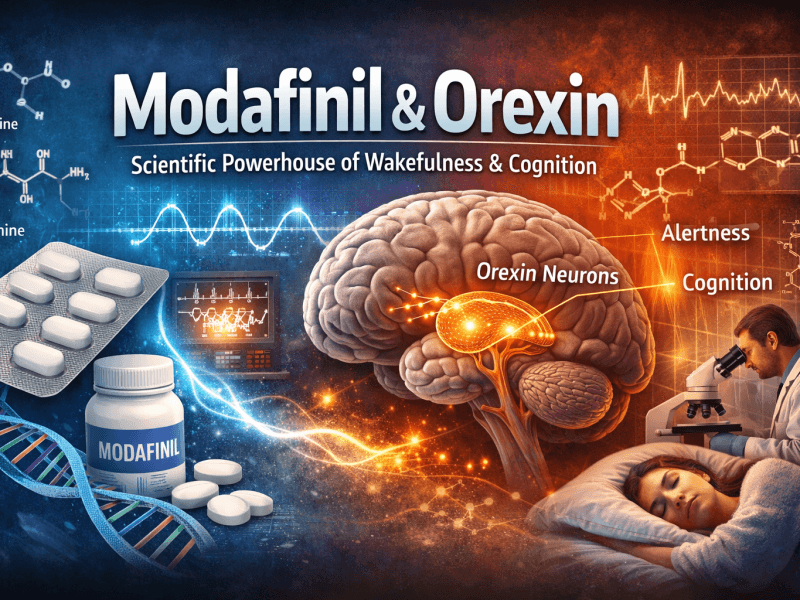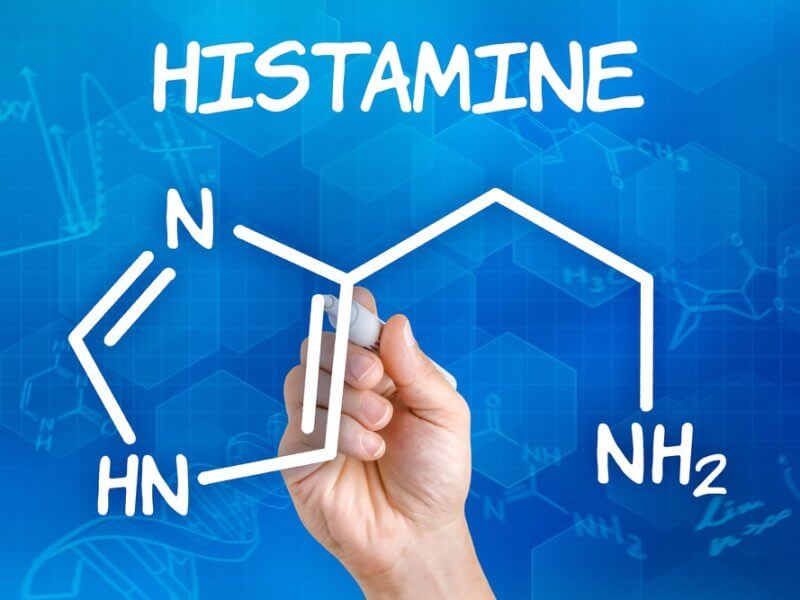Last Updated on 17/02/2025 by James Anderson
The Rise of Nootropics in Professional Settings
In the fast paced world of modern business, professionals are constantly searching for tools to enhance their performance. Among these tools, nootropics have emerged as a popular choice for individuals aiming to improve focus, memory, and cognitive endurance. Modafinil, originally developed to treat sleep disorders like narcolepsy, has gained significant attention for its off-label use as a productivity booster.
The growing popularity of Modafinil among professionals stems from its ability to promote wakefulness and improve executive function. Unlike caffeine or other stimulants, Modafinil offers sustained mental clarity without the crash associated with traditional stimulants. This unique profile has made it a preferred choice in high-pressure industries such as finance, technology, and healthcare.
As businesses strive for greater efficiency, employees are turning to Modafinil to meet demanding schedules and tight deadlines. Its rising use underscores the increasing acceptance of nootropics as a legitimate means of enhancing workplace performance. However, this trend also raises important questions about safety, ethics, and the long-term implications of reliance on cognitive enhancers.
Personal Experiences with Modafinil
To understand the impact of Modafinil, we must consider the personal experiences of those who use it in professional environments. Many users report significant improvements in their ability to focus on complex tasks for extended periods. For instance, individuals in analytical roles often highlight Modafinil ability to enhance problem solving capabilities and attention to detail.
One financial analyst shared that Modafinil enabled them to stay alert and productive during back to back meetings and late night work sessions. Similarly, a software engineer described how it helped them code more efficiently by reducing mental fatigue. Such testimonials underscore Modafinil potential as a tool for achieving peak performance.
However, not all experiences are positive. Some users report side effects such as headaches, nausea, or anxiety. These adverse effects highlight the need for individuals to approach Modafinil with caution and seek medical advice before use. Furthermore, the psychological impact of relying on a drug for productivity cannot be overlooked, as it may contribute to dependency or unrealistic expectations of performance.
Safety Considerations and Ethical Implications
While Modafinil is generally regarded as safe when used under medical supervision, its off-label use presents certain risks. Potential side effects include insomnia, dehydration, and increased heart rate. Long term studies on the effects of Modafinil in healthy individuals are limited, leaving questions about its safety unanswered.
Employers must also consider the ethical implications of Modafinil use in the workplace. Encouraging or implicitly pressuring employees to use cognitive enhancers can create a culture of unrealistic expectations and unequal competition. Workers who choose not to use such substances may feel disadvantaged, leading to tension and resentment within teams.
From a legal perspective, the off-label use of prescription medications like Modafinil can have ramifications for both employees and employers. Companies should implement clear policies regarding the use of cognitive enhancers and provide education on the potential risks and benefits to ensure informed decision making.
Impact on Workplace Dynamics
The introduction of Modafinil into professional settings can significantly influence workplace dynamics. On the one hand, it may lead to increased productivity and efficiency, enabling teams to achieve ambitious goals. On the other hand, it can exacerbate stress levels and create a competitive environment that prioritizes output over well being.
Collaboration and teamwork may also be affected. Employees who rely on Modafinil might prefer to work independently, capitalizing on their heightened focus, rather than engaging in collaborative efforts. This shift could undermine the interpersonal connections that are crucial for fostering innovation and morale.
Additionally, the normalization of nootropic use in the workplace could blur the line between professional and personal boundaries. Employers must balance the pursuit of productivity with a commitment to employee health and ethical practices. By fostering open dialogue and promoting work life balance, organizations can mitigate the potential negative impacts of Modafinil use.
Conclusion
Modafinil represents a new frontier in the quest for productivity, offering remarkable benefits for those navigating demanding professional environments. Its ability to enhance focus and sustain cognitive performance has made it a popular choice among ambitious professionals. However, its use is not without risks and ethical concerns.
Employers and employees alike must carefully weigh the advantages against the potential downsides. By prioritizing safety, fostering transparency, and promoting a balanced approach to productivity, organizations can navigate the complexities of Modafinil use in the workplace. Ultimately, the goal should be to create an environment where innovation and well being go hand in hand.
‼️ Disclaimer: The information provided in this article about modafinil is intended for informational purposes only and is not a substitute for professional medical consultation or recommendations. The author of the article are not responsible for any errors, omissions, or actions based on the information provided.
References:
- Academy of Medical Sciences. Human enhancement and the future of work. Report from a joint workshop hosted by the Academy of Medical Sciences, The British Academy, The Royal Academy of Engineering and The Royal Society London: Academy of Medical Sciences. 2012
- Agay N, Yechiam E, Carmel Z. Methylphenidate enhances cognitive performance in adults with poor baseline capacities regardless of attention-deficit/hyperactivity disorder diagnosis. Journal of Clinical Psychopharmacology. 2014
- Alsever J. Can electric ‘brain training’ devices make you smarter? Fortune 2025
- Anguera JA, Gazzaley A. Video games, cognitive exercises, and the enhancement of cognitive abilities. Current Opinion in Behavioral Sciences 4. 2015
- Badiani A. History of psychopharmacology. In: Stolerman IP, Price LH. (eds) Encyclopedia of Psychopharmacology. 2015
- Battleday RM, Brem AK. Modafinil for cognitive neuroenhancement in healthy non-sleep-deprived subjects: A systematic review. 2015
- Bell SK, Lucke JC, Hall WD. Lessons for enhancement from the history of cocaine and amphetamine use. 2012
- Buyx A. Smart drugs: Ethical issues. In: Clausen J, Levy N. (eds) Handbook of Neuroethics. 2015
- Coffman BA, Clark VP, Parasuraman R. Battery powered thought: Enhancement of attention, learning, and memory in healthy adults using transcranial direct current stimulation. 2014
- Duke University. Policy on academic dishonesty. https://students.duke.edu/ 2014


